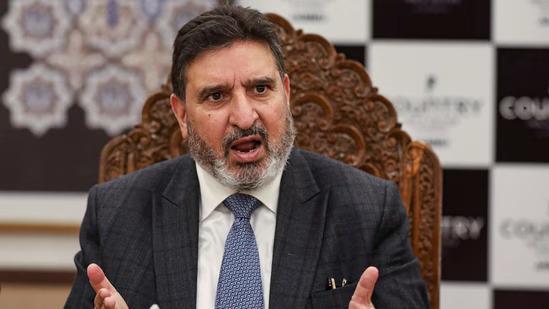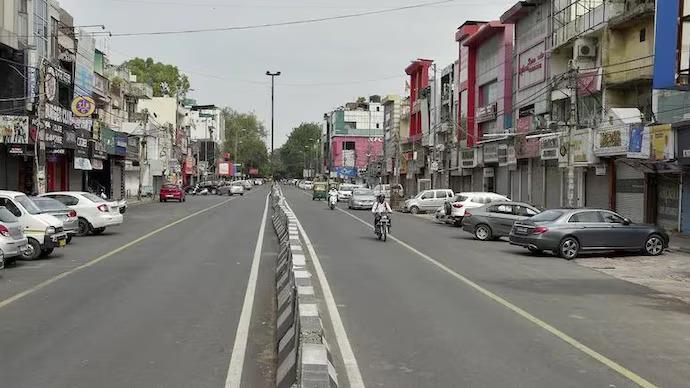
Enemies of Peace Won’t be Happy to See Peace in J&K: Altaf Bukhari
The recent terrorist attack in Pahalgam, Jammu and Kashmir, has sent shockwaves across the region, leaving at least 26 people dead. The chilling incident has once again raised concerns about the fragile peace in the state and the threat posed by terrorist outfits. In the aftermath of the attack, Altaf Bukhari, the President of Apni Party, strongly condemned the incident and urged for lessons to be learned from such heinous acts.
In a statement, Bukhari expressed his deep sense of grief and disappointment at the senseless violence that has claimed so many innocent lives. “Those who are enemies of peace will never be happy to see peace in J&K,” he said. “This is a murder of humanity.” His words reflect the deep anguish and frustration that many Kashmiris feel in the face of such brutal attacks, which seem to have no regard for human life or dignity.
The Pahalgam attack is a stark reminder of the ongoing struggle for peace and stability in Jammu and Kashmir. Despite efforts by the government to improve the security situation and promote dialogue with various stakeholders, terrorist outfits continue to wreak havoc, causing destruction and devastation. The attack has also highlighted the need for a sustained and concerted effort to tackle the root causes of terrorism and ensure that such incidents do not recur.
Bukhari’s statement is a poignant reminder that the struggle for peace in J&K is not just about security measures or military operations, but also about addressing the deeper issues that drive people to extremism. As he emphasized, “lessons need to be learned” from such attacks, and it is essential to identify the underlying factors that contribute to the spread of terrorism.
The Pahalgam attack has also sparked concerns about the impact of terrorist violence on the mental health of civilians, particularly children, who are often the worst affected by such incidents. The trauma and fear caused by such attacks can have long-lasting effects on their psychological well-being and ability to lead normal lives. It is essential that the government and civil society organizations work together to provide support and counseling services to those affected by such incidents.
The attack has also underscored the need for greater cooperation and coordination between the government, security forces, and civil society organizations to tackle the terrorist threat. Bukhari’s statement highlights the importance of a unified approach to address the challenges posed by terrorism and to promote peace and stability in J&K.
The Pahalgam attack is a tragic reminder of the human cost of terrorism and the devastating impact it can have on individuals, families, and communities. As Altaf Bukhari emphasized, “those who are enemies of peace will never be happy to see peace in J&K.” It is essential that we learn from such incidents and work towards creating a more peaceful and harmonious society, where all individuals can live without fear of violence and intimidation.
As the people of Jammu and Kashmir continue to grapple with the consequences of the Pahalgam attack, it is crucial that we remain vigilant and committed to the cause of peace and stability. We must work together to create a society that is free from terrorism and violence, where all individuals can live with dignity and respect.



